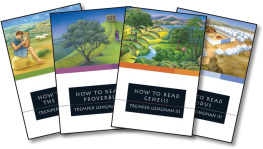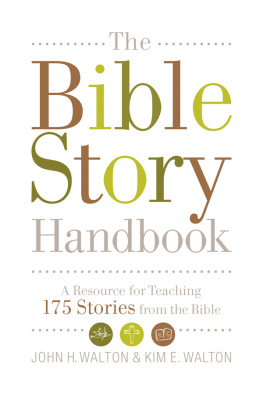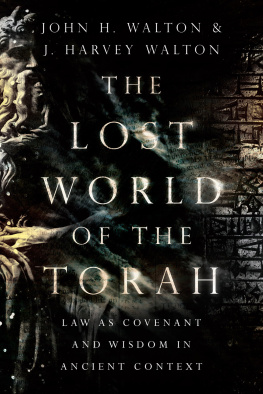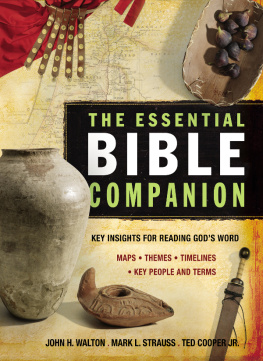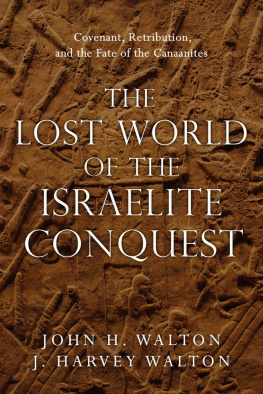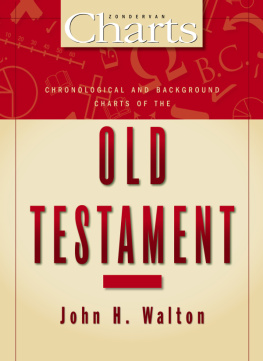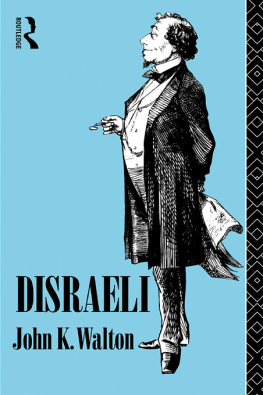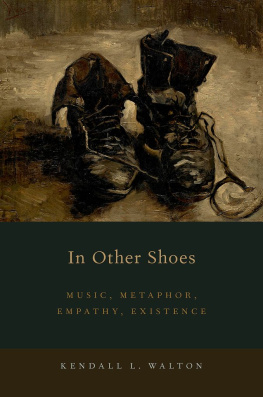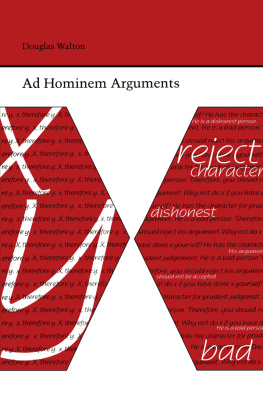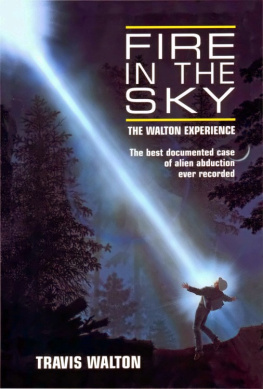John H. Walton - How to Read Job
Here you can read online John H. Walton - How to Read Job full text of the book (entire story) in english for free. Download pdf and epub, get meaning, cover and reviews about this ebook. year: 2015, publisher: InterVarsity Press / IVP Academic, genre: Computer. Description of the work, (preface) as well as reviews are available. Best literature library LitArk.com created for fans of good reading and offers a wide selection of genres:
Romance novel
Science fiction
Adventure
Detective
Science
History
Home and family
Prose
Art
Politics
Computer
Non-fiction
Religion
Business
Children
Humor
Choose a favorite category and find really read worthwhile books. Enjoy immersion in the world of imagination, feel the emotions of the characters or learn something new for yourself, make an fascinating discovery.
- Book:How to Read Job
- Author:
- Publisher:InterVarsity Press / IVP Academic
- Genre:
- Year:2015
- Rating:4 / 5
- Favourites:Add to favourites
- Your mark:
- 80
- 1
- 2
- 3
- 4
- 5
How to Read Job: summary, description and annotation
We offer to read an annotation, description, summary or preface (depends on what the author of the book "How to Read Job" wrote himself). If you haven't found the necessary information about the book — write in the comments, we will try to find it.
How to Read Job — read online for free the complete book (whole text) full work
Below is the text of the book, divided by pages. System saving the place of the last page read, allows you to conveniently read the book "How to Read Job" online for free, without having to search again every time where you left off. Put a bookmark, and you can go to the page where you finished reading at any time.
Font size:
Interval:
Bookmark:
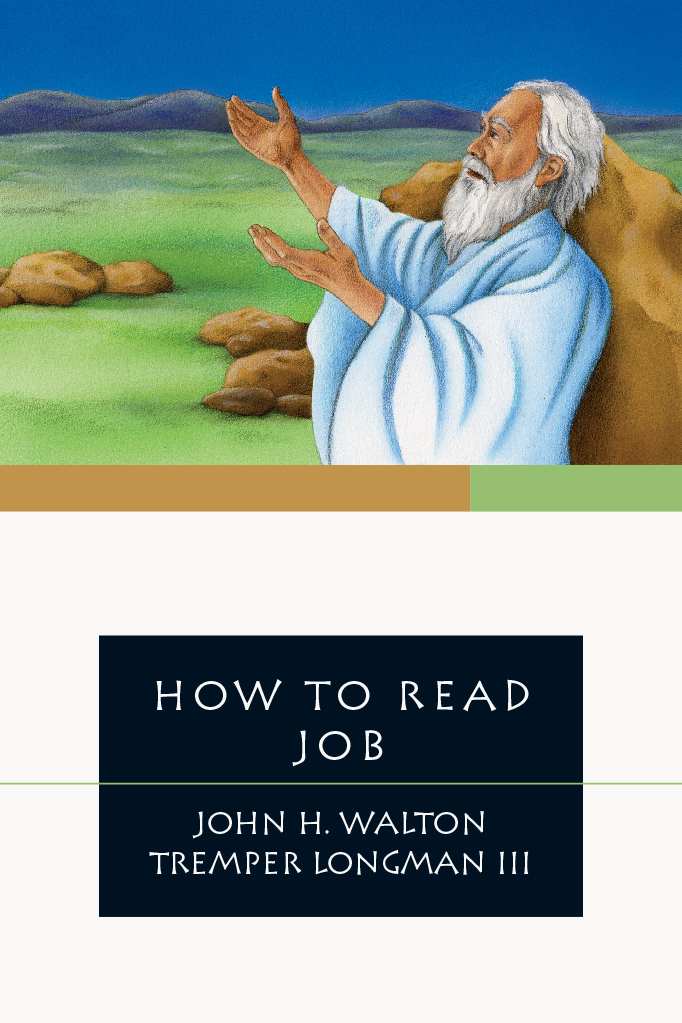


www.IVPress.com/academic
InterVarsity Press
P.O. Box 1400,
Downers Grove, IL 60515-1426
ivpress.com
2015 by John H. Walton andTremper Longman III
All rights reserved. No part of this book may be reproduced in any form without written permission from InterVarsity Press.
InterVarsity Press is the book-publishing division of InterVarsity Christian Fellowship/USA, a movement of students and faculty active on campus at hundreds of universities, colleges and schools of nursing in the United States of America, and a member movement of the International Fellowship of Evangelical Students. For information about local and regional activities, visit intervarsity.org.
All Scripture quotations, unless otherwise indicated, are taken from THE HOLY BIBLE, NEW INTERNATIONAL VERSION, NIV Copyright 1973, 1978, 1984, 2011 by Biblica, Inc. Used by permission. All rights reserved worldwide.
Any internal page references refer to page numbers in the print edition.
Cover design: Cindy Kiple
Images: Roberta Polfus
ISBN 978-0-8308-9907-4 (digital)
ISBN 978-0-8308-4089-2 (print)
Library of Congress Cataloging-in-Publication Data
Walton, John H., 1952
How to read Job / John H. Walton and Tremper Longman III.
1 online resource.
Includes bibliographical references and index.
Description based on print version record and CIP data provided by publisher; resource not viewed.
ISBN 978-0-8308-9907-4 (eBook) -- ISBN 978-0-8308-4089-2 (pbk. : alk. paper)
1. Bible. Job--Criticism, interpretation, etc. 2. Bible. Job--Hermeneutics. I. Title.
BS1415.52
223.106--dc23
2015028763
To Kim Walton and Alice Longman
I (John Walton) would like to give special thanks to Jonathan Walton, Kimberly Carlton and Aubrey Buster for reading the manuscript and offering their ever stimulating and helpful insights to improve it in untold ways.
As always, I (Tremper Longman) want to express my gratitude to my wife, Alice, for her support and encouragement.
We both want to thank Dan Reid for his friendship as well as his editorial guidance on this project. We also thank the staff at IVP Academic, including Ben McCoy, Rebecca Carhart, Maureen Tobey, Ashley Davila and Jeanna Wiggins for their care in bringing this book to publication.
PART
AS LITERATURE

I t is not uncommon for people to turn to the book of Job when they encounter suffering, but all too often they find the book unsatisfying. They think that the book will explain why they or their loved ones are suffering or why there is so much suffering in the world. They have the impression that the book is about Job and that he is going to provide a model for how they should respond in times of suffering. They expect to learn why God acts the way that he doeswhy he allows or even causes righteous people to suffer. It is no wonder, then, that they find the book inadequate; their expectations are misguided. We need to begin, then, with some adjustments to our expectations. First of all, Job has trials, but he is not on trial. We will propose that Gods policies are on trial. Second, the book of Job is not primarily about Job; it is primarily about God. Third, if this is so, the book is more about the reasons for righteousness than about the reasons for suffering. Finally, the topic of wisdom plays a central role in the book. Indeed, Jobs suffering leads to a heated debate as to who has the wisdom that will help the characters diagnose and prescribe a remedy for Jobs problems. Here we will see that, though all the human characters claim that they are wise, it is only God who is wise. Lets look at these in more detail.
Job is declared innocent and righteous from the beginning of the book and throughout it, so there is no doubt that he is righteous. The question is whether he will retain his integrity. His integrity is defined by whether he will keep his focus on his righteousness or pursue a strategy to recover the benefits of a righteous life. If his focus is his benefits, it will show that the challenge posed against him is a correct assessment: he does not serve God for nothing (Job 1:9).
While Job clearly has trials, he and his friends more importantly believe that he is on trial. Job considers himself to be the defendant in a criminal case. In his mind, he has been treated as a wicked person and is now trying to defend himself. His defense follows the strategy of trying to reposition himself as a plaintiff in a civil case. Because he perceives this to be the scenario, he demands a hearing so that he can lodge a complaint against the one who has falsely accused him. In reality, however, his role is to serve as the star witness for the defense, because it is Gods policies that are on trial.
This view of the book is substantiated when we see the issue that is raised for discussion in Job 1:9. The challenge does not suggest that Job is not truly righteousin fact, his righteousness is accepted as a premise. The challenge concerns Jobs motivations for being righteous: Does Job fear God for nothing? Such a challenge ultimately questions Gods policy of blessing righteous people. The contention is that if God makes it a policy to bring prosperity as a reward for righteousness, true righteousness will be subverted because people will act righteously in order to gain benefits. God, therefore, by his very policy, is creating mercenaries of a sortpeople who will do anything to get ahead.
The fundamental issue at question in the book of Job is whether it is good policy for God to bless the righteous by bringing them prosperity (wealth and health). The challenger (identified as satan; see chap. 6 for explanation) argues that it is not good policy and suggests that the mettle of Jobs righteousness, if tested by the removal of all his benefits, will prove lacking. That would demonstrate that his righteousness was founded only in his own search for gain and was never true righteousness at all. However, this scrutiny of Jobs motives is only a means to an end. The main question concerns how God runs the world.
Certainly Job gets more airtime than God in the book. In the end, however, it is not important whether we understand Job better. His character does not provide a guide for how we ought to think or act. Much of what Job thinks and says is at least partially wrong. How Job responds is ultimately important so that we can consider how God runs the world and whether there can be such a thing as disinterested righteousness (serving God for nothing).
The focus on God becomes even clearer when we see the second piece of the challenge. The first challenge suggests that Gods policy of blessing righteous people is flawed because it seems to buy peoples loyalty and righteousness. The second piece of the challenge falls into place when Job begins to suffer. As he makes his speeches and launches his demands to God for a hearing, we learn that Job also has a problem with Gods policies: he considers it bad policy that God allows righteous people to suffer. In short, he thinks that God is unjust.
Font size:
Interval:
Bookmark:
Similar books «How to Read Job»
Look at similar books to How to Read Job. We have selected literature similar in name and meaning in the hope of providing readers with more options to find new, interesting, not yet read works.
Discussion, reviews of the book How to Read Job and just readers' own opinions. Leave your comments, write what you think about the work, its meaning or the main characters. Specify what exactly you liked and what you didn't like, and why you think so.

